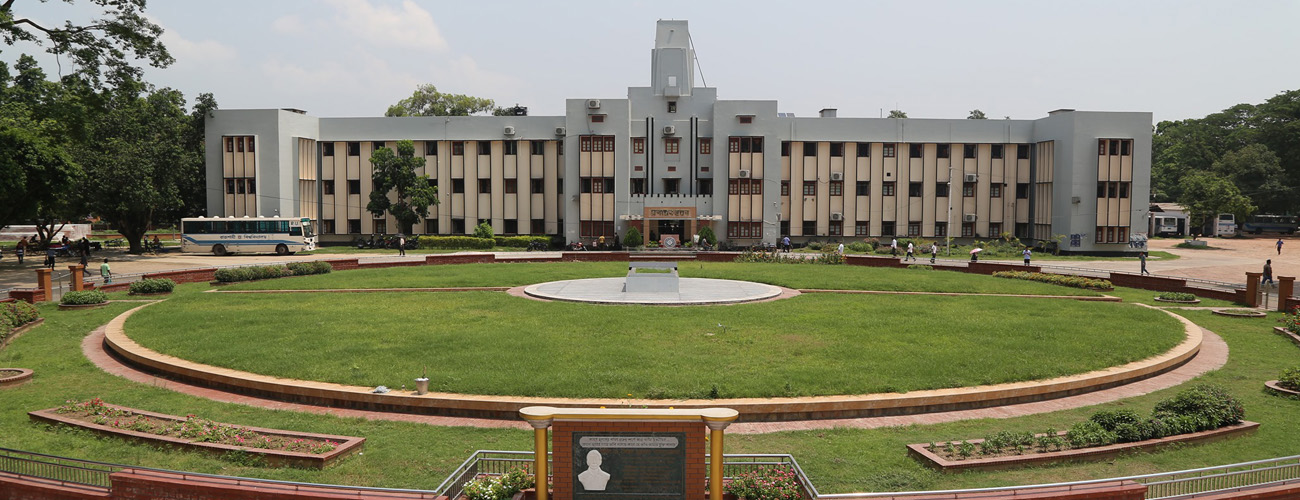Message from Chairman
Information Science and Library Management is, basically, a multidisciplinary field that encompasses the study of collecting, organizing, preserving, disseminating, and effectively using information resources by applying library management practices and Information and Communication Technology (ICT) tools across various areas of libraries and resource centers. The foundation of this subject is built on organizing and retrieving information resources using modern computer and communication technologies, as well as traditional concepts and strategies, with the ultimate goal of maximizing information resource use and ensuring user satisfaction. This dynamic and interdisciplinary field integrates literature from core areas such as cataloguing, classification, bibliography, indexing, and archival studies, as well as adjacent fields like information science, information management, computer and telecommunication science, and diverse fields like management, sociology, statistics, and media studies. The institutional study of this subject at Rajshahi University began with initiating a one-year PGD course in Library Science in the 1991-92 academic session. The Department of Information Science and Library Management, formerly known as Library and Information Science, was officially established in the 1992-93 academic session under the Faculty of Social Science, offering a three-year honors degree (Bachelor of Social Science). In the 1995-96 academic session, the department introduced a one-year master’s program (Master of Social Science) exclusively for its graduates. By the 1997-98 academic session, the three-year honors degree was converted into a four-year integrated honors program to meet the evolving demands of the time. The department now offers M.Phil. and Ph.D. programs, along with a two-year evening master’s course (EMSS) that has been running successfully since 2014. To address the growing need for trained library professionals, particularly in response to government decisions to recruit library staff in high schools and colleges, the department launched a one-year diploma course (DISLM) in 2015. The mission of the department is to provide quality education to students, familiarize them with various information sources, and equip them with the technical expertise needed to excel in their practical fields. The vision is to develop students into qualified professionals in the digital environment by offering contemporary education that aligns with the needs of the modern age. The department’s curriculum has evolved significantly over the years to keep pace with global educational trends and technological advancements. In 1997-98, the syllabus for the honors degree was extended to a four-year integrated program, which was later revamped in the 2019-20 academic year at the request of the Institutional Quality Assurance Cell (IQAC). Further restructuring occurred in the 2022-23 academic year, following recommendations from the Bangladesh Accreditation Council (BAC), to enhance the university’s global ranking. The updated curriculum, designed with input from leading libraries and information schools worldwide, now includes 148 credits for the BSS (Honours) degree. This four-year program encompasses 4700 marks, with a significant emphasis on technology-oriented courses, accounting for 1450 marks (30.58%) or 44 credits (29.73%). The curriculum has been aligned with modern ICT developments, incorporating updated courses such as Information Ethics and Library Laws and Legislation, which are crucial for developing professional skills. The new curriculum also defines clear objectives and learning outcomes for each course, which were previously absent, and includes a seminar course to enhance students’ presentation skills. As a result, students under the new curriculum tend to achieve higher CGPAs compared to those following the old syllabus, reflecting the curriculum’s focus on producing well-rounded, skilled graduates.


